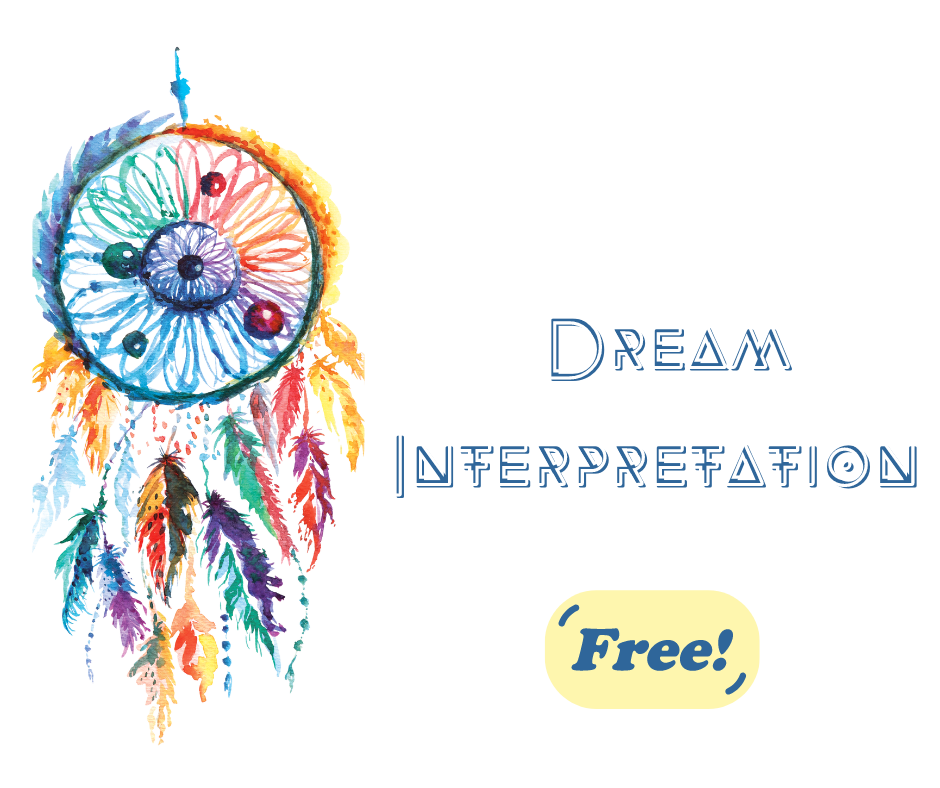Have you ever dreamt about losing your teeth or having them rot out, and woke up in a pool of sweat, glad that in reality you still had your chompers? Statistically speaking, you probably have. Such dreams are surprisingly common in the general populace.
Apparently, teeth dreams are among the most frequent dream themes. According to a study, some 39% of people have experienced such a dream at least once in their lives. 16% of those who took part in the mentioned study reported having recurrent teeth dreams. 8.2% experienced such rather unpleasant dreams regularly.
The prevalence of such dreams has been puzzling dream experts essentially forever. What’s peculiar about them is that they fly in the face of the continuity hypothesis. This hypothesis says that dreams are rooted in the dreamer’s waking-life experiences. Teeth dreams seem to directly contradict this theory.
What do Teeth Dreams Mean?
From a scientific angle, this question is a very difficult one to answer. Given the prevalence of such dreams since humanity has been dreaming, however, people came up with anecdotal interpretations over the ages.
An interesting thing about these interpretations is how different they were from one culture to another.
In Ancient Greece, losing teeth in a dream was considered to be a sign of debt payment. The Jewish Talmud gave the dream theme a more sinister interpretation. According to it, such dreams would foretell the death of a family member. This interpretation came to be one of the more accepted ones, until other proposals were forwarded.
In the early 1900s, Sigmund Freud sought to give a sexual spin to the interpretation of teeth dreams. According to him, such dreams somehow signified castration and masturbation. According to a different source, he believed that if a woman had a recurring dream of her teeth falling out that she unconsciously longed to have children.
Others pitched in ideas of their own, concerning impending childbirth in women and the fear of growing older.
Despite his seemingly random interpretation, Freud was the one who first made public an assumption that predated him and his ideas. According to this assumption, teeth dreams may be the result of dental stimulation/irritation. This proposition seems to be the most promising explanation of TDs (teeth dreams) to this day.
The fact that there is a correlation between teeth dreams and dental irritation (aching teeth, gums, dental hypersensitivity, etc), has already been established by science. Apparently, the thesis that such dreams may be the results of some type of psychological distress, has been disproven.
Teeth Dreams and Dental Stimuli
Unfortunately, while the teeth dream equation is quite simple at first glance, under the surface we do not know much about its true nature.
What science currently suspects is that teeth dreams may be the distorted manifestations of somatosensory discomfort originating in the mouth. How are they so prevalent among the population, however? After all, such discomfort is usually treated and alleviated quickly and effectively. Furthermore, people who have reported no such discomfort, have also reported having teeth dreams.
The missing link in this line of thought may be bruxism – the habitual grinding of teeth. Bruxism itself is a bit of an unknown in the equation, however. Thought to be widespread during childhood, bruxism apparently becomes much less frequent in adulthood.
The problem is however that people may not know they still grind their teeth while asleep. Most studies and statistics in this regard have been cobbled together using self-reported data. That may indeed be inaccurate.
Factoring in such probable inaccuracies, the prevalence of teeth dreams starts to make more sense.
With bruxism in the picture, the psychological distress component cannot be eliminated either. After all, the condition is thought to be a symptom of psychological distress. In the end, all assumptions tie up into a whole, once again denying a definitive conclusion about the causes/meanings of teeth dreams.
Confusing Studies
Studies done thus far in this regard have done little more than add to the confusion. The best takeaway in this regard is therefore that such dreams result from a combination of psychological and physiological factors, themselves interdependent.
A recent study, the results of which were published in September 2018, aimed to establish correlations between dental irritation/tension and teeth dreams, and psychological factors and teeth dreams respectively.
While it used a large enough sample size (some 303 test subjects took part in it), some of its methods were admittedly flawed.
It did manage to determine that there was a statistically significant correlation between physiological factors and teeth dreams. It also failed to establish such a connection between psychological factors, sleep quality, sleep disturbances, and TDs.
The study used dental tension as a means of establishing the presence of dental irritation.
While its conclusions were plain at first glance, at a closer look, it raised more questions than it answered.
For instance, it failed to establish causality. Bruxism may indeed have led to teeth dreams, resulting in tension perceived after awakening. On the other hand, teeth dreams themselves may have led to teeth clenching, and thus to the tension apparent post-awakening.
The study also failed to consider the possibility that teeth dreams may be related to certain specific types of psychological distress only. They may for instance stem from an eating disorder and the fears associated with it. The fear of speaking up in public is yet another possibility.
Therefore, despite the validity of its findings, the mentioned study has effectively invited more research into dreams of teeth falling out.
It has recorded a few other conclusions that may be of help for future research. For instance, it has found that dreams of being smothered correlated with sleep disturbances, psychological distress as well as somatic stimuli. Such a duality may exist for teeth dreams too.
Conclusion: Dream about Losing Teeth
Unfortunately, science has not yet definitively established what teeth dreams mean, or from where they stem.
What we know for sure is that dental discomfort is involved with teeth dreams and that bruxism may have a part in them as well.
In fact, given the results detailed above, it is not farfetched to view teeth dreams as a less-than-obvious symptom of undiagnosed bruxism.
Until further scientifically-rooted conclusions, it is, therefore, safe to assume that teeth dreams are triggered by physiological factors (such as sensitive teeth/gums, irritation, tension, gingivitis, etc). And no, they most likely do not mean that you are pathologically afraid of growing old, or that someone you love will die…
It is certainly reassuring to know at least that much about them…


